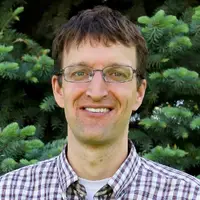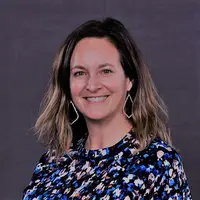Climate Changes: Hydropower | Webinar
Date
View the Webinar On-Demand
How Hydropower Can Play a Role in our Net Zero Carbon Future
The US has set a goal to achieve net zero greenhouse emissions by 2050. Currently, nearly 40% of all carbon dioxide emissions come from power plants burning fossil fuels such as coal and natural gas to create the energy we use every day. Energy sources such as wind power and renewable energy produce low-carbon energy but are often criticized for being variable (they only produce energy as long as the wind blows and the sun shines) and non-dispatchable (they cannot be easily turned on or off to meet varying demands for electricity), qualities that challenge the resilience of our electricity grid.
As part of the Climate Changes Webinar Series, hydropower experts from RTI, the U.S. Bureau of Reclamation, and the National Renewable Energy Laboratory (NREL) discuss how hydropower is often overlooked as a low carbon, renewable energy source.
Learn about the role of conventional and pumped storage hydropower in the just energy transition. The panel discussion will cover:
- How hydropower complements other renewable energy sources such as wind and solar energy;
- Challenges bringing pumped storage hydropower plants online, and how recent federal incentives can help alleviate these challenges;
- The strategies available to produce more power with existing hydropower assets;
- Considerations and competing interests that may affect how hydropower is used.
Meet the Presenters
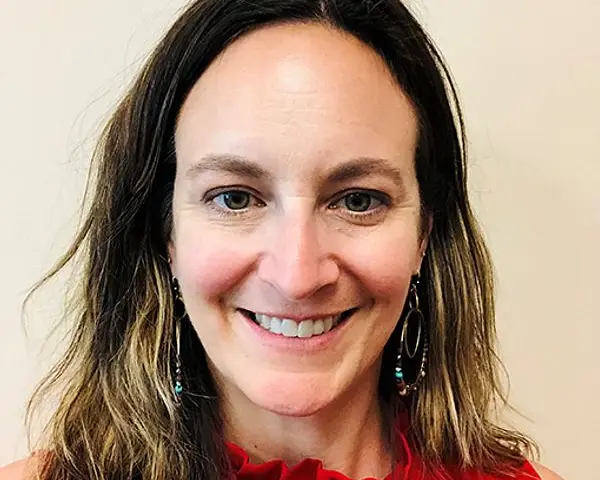
Moderator: Amy Volckens, Strategic Account Executive, RTI International
Amy Volckens is a Strategic Account Executive for RTI, where she develops client-centric account strategies to map customer priorities to RTI’s research capabilities.
Ms. Volckens leverages a deep knowledge of climate change research and understands where RTI’s scientific, research, policy capabilities can add value and improve the human condition. She manages customer relationships to center client needs and feedback, and she facilitates multidisciplinary collaborations to provide full-service climate change solutions for federal customers.
Ms. Volckens received her BS in Chemical Engineering from the University of Michigan and her MS in Environmental Engineering from the University of North Carolina Chapel Hill. In addition, she is a certified professional engineer and a member of the American Water Works Association.
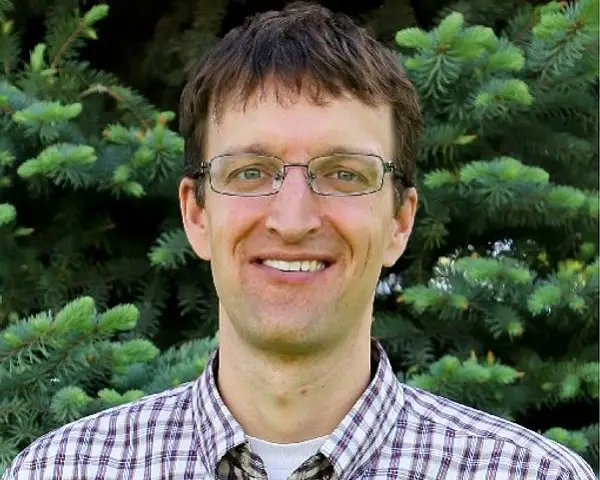
Shaun Carney, Senior Research Environmental Engineer, RTI International
Shaun Carney is a senior water resources engineer at RTI International involved in operational decision support systems, flood risk hazards analysis, hydrologic forecasting, and climate change analysis.
Mr. Carney provides senior guidance to projects across the RTI Center for Water Resources. He is leading an effort with a national lab team to build tools to effectively evaluate tradeoffs between hydropower/grid needs and environmental/ecological needs for reservoir operations under a shifting climate and alternative energy generation portfolios. He led RTI's work supporting the Tennessee Valley Authority (TVA) in transitioning their operational forecasting system and in implementing a framework to perform probabilistic flood hazards analysis for TVA dams . He provides input for RTI projects helping to improve short-term to long-term deterministic and ensemble streamflow forecasting.
Mr. Carney received his BS and MS in Civil Engineering from Colorado State University.
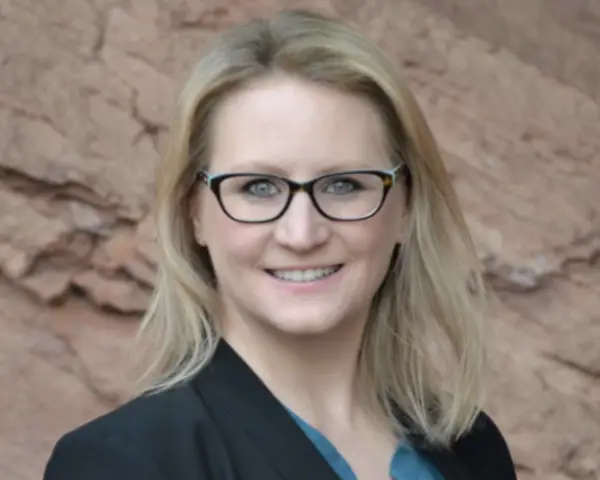
Shanna Durham, Senior Mechanical Engineer, US Bureau of Reclamation
Shanna M. Durham, P.E., a Senior Mechanical Engineer in the US Bureau of Reclamation's Technical Service Center in Denver, Colorado. Durham works on various turbines and provides design, purchasing, factory inspection, and on-site testing. She also leads and mentors four engineers.
Durham is the lead government engineer for the overhaul project of three hydropower units at Grand Coulee Dam. Durham is also the lead on optimizing three additional hydropower units at the same facility. She has also been leading efforts to evaluate how low reservoir levels impact hydropower generation.
Durham is a registered professional engineer in Colorado. She obtained her bachelor's and master's degree in mechanical engineering from the University of Colorado.
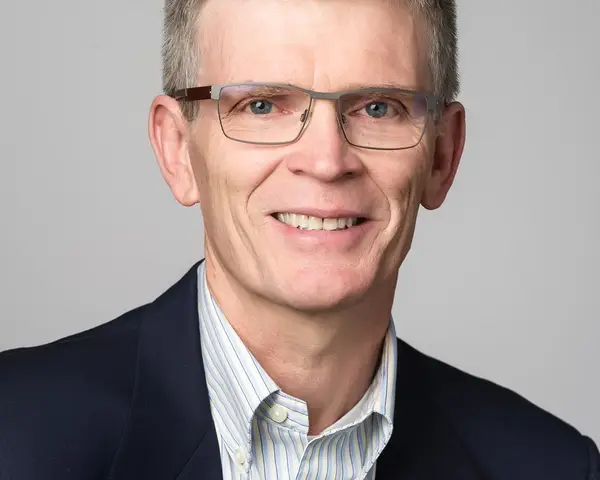
Greg Stark, Hydropower Technical Lead, National Renewable Energy Laboratory
Greg Stark is the technical lead for the hydropower program at the National Renewable Energy Laboratory in Golden, Colorado. In addition, Greg served as the Operations and Planning Research Area Lead for the U.S. Department of Energy’s Waterpower Technology Office’s HydroWIRES initiative.
His research emphasis is hydropower and pumped storage hydropower from the perspective of systems integration. His work focuses on two main areas: the optimization of energy use across multi-domain systems and integrating new generation into existing electrical grids, approaching both subjects from a combined systems engineering, finance, and economics perspective.
Greg received his MSEE (Control Systems) and BSChE from Purdue University and his MS from Krannert Graduate School of Management. He is a registered electrical engineer (power systems) in the State of Colorado.
